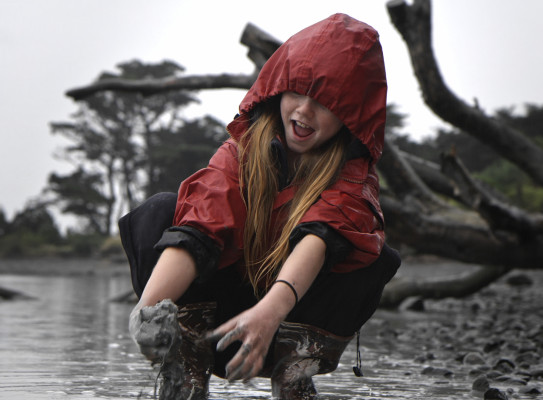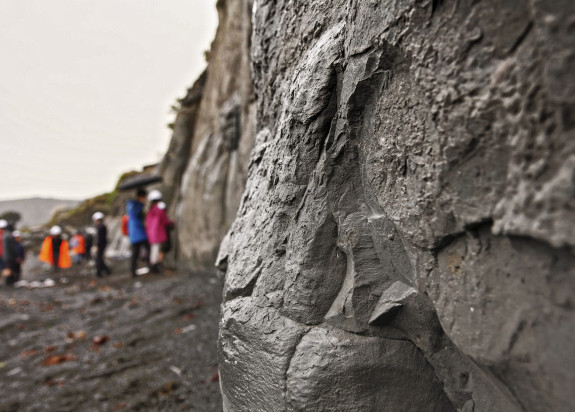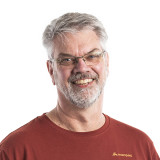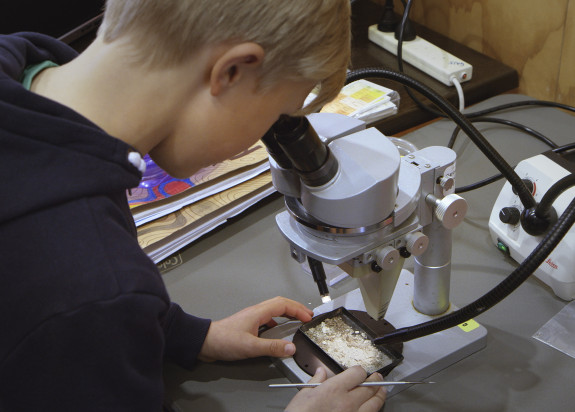Stepping into the shoes of scientists with GeoCamp Wairarapa

‘If you make good observations, you can’t be wrong’. That’s the heart of GeoCamp – a hands-on, field-based immersive learning experience designed to challenge kids to ‘step into the shoes of a scientist’ and discover the wonder of scientific inquiry for themselves.
GeoCamp covers topics from across GNS Science’s themes – including geological history and tectonics, climate change, sea-level rise, the carbon cycle, interpreting paleoenvironments, topography, and groundwater.

But fundamentally, GeoCamp is about teaching kids the building blocks of science – observation, deduction and interpretation – skills that they can carry into all areas of science, not just geoscience
Held this year in south Wairarapa, GeoCamp 2021 saw 31 intermediate-age local students and their teachers exploring the science on their doorstep, led by expert scientists from GNS Science.
Over the course of two weeks, the students went on fieldtrips across their region, visiting sites like Mangaopari Stream well-known for its abundant molluscan macro and foraminifera microfossils, and Lake Ōnoke to take sediment cores and look for evidence of past changes in the environment.
A highlight for many was Pigeon Bush, a world-famous geological site that demonstrates the extent of offset caused by Wairarapa Fault rupture.

GeoCamp | Wairarapa 2021 transcript
I really enjoyed taking the kids to Pigeon Bush. You see them slowly realising the significance of the site as they take their measurements and have that ‘wow’ moment when they realise the ground they’re standing on moved 19 metres in one go”
says
Back in the classroom, the students combined their observations from field days with further hands-on investigation. They discussed the wider science context of their fieldwork and designed and ran experiments to test their own hypotheses.
GeoCamp culminated in a science expo that challenged students to think about how to communicate their findings in much the same way as professional scientists. It was also an opportunity for them to share their discoveries with their peers, family, and the wider public.
For teachers, GeoCamp is an opportunity to explore a new approach to science that will bring new ideas and local knowledge they can share back at school and revisit in the future.
“When the teachers take GeoCamp concepts and principles back to their own classrooms, then we know we’ve impacted more than just the kids who attended – GeoCamp extends into the wider community and inspires students for years to come,”

2021 marks ten years of GNS Science delivering GeoCamp, an exciting milestone for everyone involved in the programme.
We’re proud of the role that GeoCamp plays in empowering kids with the skills and passion they need to become the next generation of scientists doing world leading science and research for the good of all New Zealand.
GeoCamp 2021 was possible because of invaluable support from REAP Wairarapa in organising and running the programme, and thanks to funding from Ministry of Business, Innovation and Employment (MBIE)/Hīkina Whakatutuki, OMV, and Equinor.